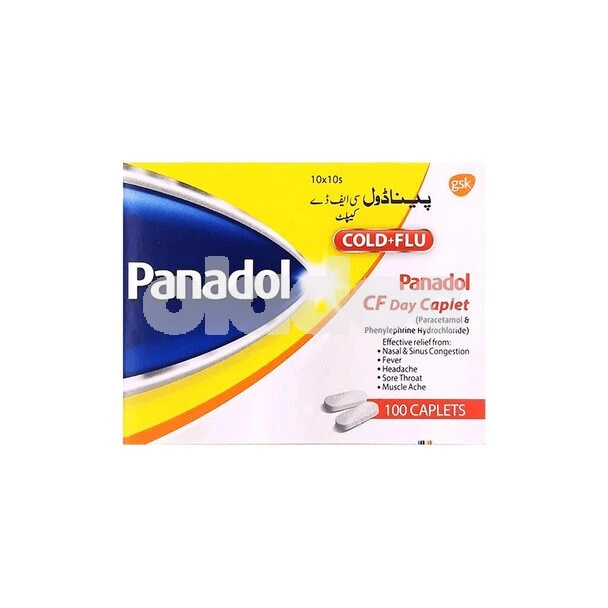Constipation is a common digestive issue in which there is difficulty emptying the bowels, usually associated with hardened feces. It is a symptom of different health issues. Though bowel habits differ from person to person, one is considered constipated if he or she has less than three bowel movements a week. After that, you may feel unable to completely empty your bowels. Its major causes such as low fiber diets, less fluid intake, and stress, are equally shared by men and women but there are several causes which are particular to women. According to specialists, irritable bowel syndrome (IBS), a common cause of abdominal pain, cramping and constipation, is much more common in women than in men. Although it does not involve serious disorders, IBS is still quite distressing. The following are reasons why constipation is more significant in women than men:
1- Low thyroid hormone:
Low thyroid hormone levels this is a very common medical cause of constipation. It is more common in women than men. This condition often requires medical attention.
2- Progesterone levels:
Increase in progesterone level is also a considerable cause of increasing constipation. This hormone is present in a greater amount in women than in men. A rise in progesterone levels relaxes and slows down the intestines’ muscles leading to constipation.
3- Pregnancy:
Pregnant women often face severe constipation in the midst of their pregnancy. This is because during pregnancy, there is a rise in progesterone levels. Pregnancy and vaginal delivery may also have adverse effects on bowel habits as they weaken the muscles of pelvic floor. If you’re pregnant, consult your doctor so you can treat your constipation safely without harming your baby.
4- Physical inactivity:
Lack of physical activity also causes constipation. In general, women tend to be less physically active thus making them more prone to constipation.
5- Menstruation:
The hormone fluctuations associated with the menstrual cycle often cause constipation. During the premenstrual phase of the menstrual cycle, right before menses, women are more likely to experience constipation.
6- Depression:
It is shown that women are twice as likely to develop depression than men. Research shows that mood disorders cause changes in bowel habits including constipation. With impaired mental health, diet changes occur which further lead to constipation. Reducing stress levels or seeking help may reduce or even eliminate this issue.
It is important for the patient to share detailed information about bowel frequency, stool consistency and size, presence of blood or mucus in stool, straining, pain, bloating, diet, exercise, medication, supplements, laxatives or enemas, and recent life stressors with their health care expert so that they can have a complete understanding and detect possible underlying systemic problems.
Women in particular can benefit from general awareness and basic advice regarding this common but complex issue. Some may need more sophisticated treatment interventions, either natural or conventional. The main goal of treatment is relief and fortunately sound prevention strategies or medical treatment have little to no side effects. Our medical professionals are here to identify the cause of your constipation and suggest the best treatment. You can book an appointment with top gastroenterologists in Islamabad, Multan and Karachi through oladoc.com. You can also call our helpline at 042-3890-0939 for assistance to find the RIGHT doctor for your health concerns.






